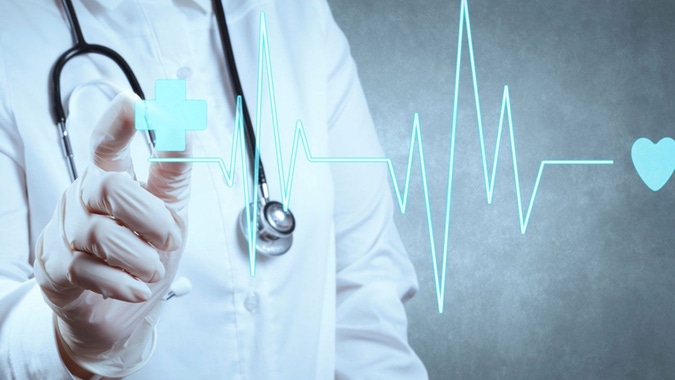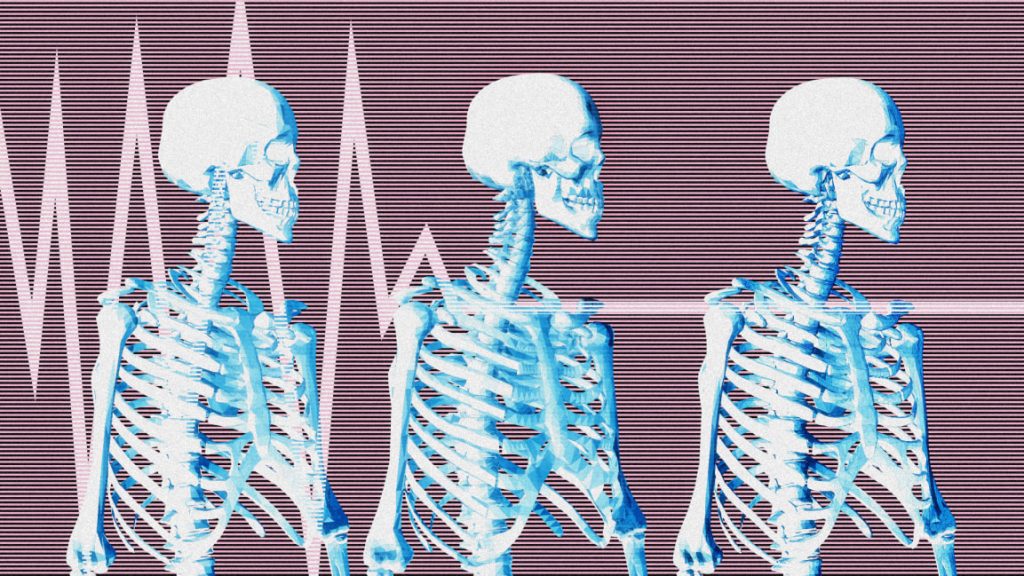
What is Medical Technology?
Advanced technology is all around us, and the healthcare industry is no stranger to various technologies. Medical technology is a machine or other device that can diagnose, monitor, or treat a person’s health. Medical professionals (and their patients) rely on this technology to improve the quality of life of those who are ill. Examples of medical technologies include thermometers, inhalers, insulin pumps, and pacemakers.
What Happens When Medical Technologies Fail?

We all know that technology isn’t perfect, but we need it to be in fields as important as healthcare. When these devices malfunction, the health of those using the devices can be seriously threatened, having dire consequences for medical professionals, manufacturers of the devices, and the companies that sell the devices. Depending on where the device is used (in a medical setting, inside of the home, etc.), there may be a public recall on the device. The FDA has several classifications of recalls, with the most common including:
- Class I: The most urgent; the product poses a serious and immediate threat.
- Class II: Moderate; low likelihood of a product causing a serious threat, or the threat is temporary or reversible.
- Class III: The product is not likely to pose a serious/immediate threat.
Examples of Medical Technology Malfunctions and Recalls

Allergan Breast Implants
Women get breast augmentation surgery for a variety of reasons, and some of the most common reasons include to increase size, for more symmetry, or to receive implants after a mastectomy. However in the summer of 2019, there was an urgent recall on breast implants because they were found to increase women’s risk of developing large cell lymphoma.
Edwards Lifesciences Blood Pressure Machines
Blood pressure machines help monitor heart health by checking both blood pressure and heart rate. In March of 2019, several machines were recalled because of fluids leaking into the power outlet, and the FDA warned that this could be hazardous for both patients and doctors, resulting in the device catching fire, patients or doctors receiving an electric shock and/or burns, and even the risk of cardiac arrest.
Medtronic Insulin Pumps
All Type I diabetics and some Type 2 diabetics require an insulin pump to help their bodies get the required amount of insulin, so you can imagine how detrimental it can be if an insulin pump malfunctioned. Unfortunately this happened in 2018 when a security breach allowed hackers to control how much insulin was delivered through the pumps.
Philips CPAP Machines
CPAP (continuous positive airway pressure) machines deliver a continuous stream of air to the lungs using a mask and a tube. These are used by sleep apnea patients, who suffer from interruptions in their breathing during their sleep. In the summer of 2021, a recall on Philips CPAP machines was issued due to the machines failing to filter air particles, and emitted formaldehyde (a known carcinogen) instead. This led to a number of victims filing a lawsuit after developing severe respiratory issues and even lung cancer.
Physio-Control Defibrillators
Defibrillators can be found and used anywhere, but they’re most often used by healthcare workers on the front lines. A 2017 recall was issued on Physio-Control Defibrillators because of electric problems. The problem had the potential to delay or prevent the shock needed to revive a victim of cardiac arrest.
Why Do These Medical Devices Fail and Can Future Failures be Prevented?

There are many reasons why a medical device can malfunction. Sometimes the device isn’t tested properly before it’s used commercially, there could be a lack of quality control during the manufacturing process, and some devices that fail may not have been maintained properly. Other reasons for failure may include:
- Reusing devices that are only meant for a single use
- Using parts and accessories that were made by a different manufacturer
- The device was poorly assembled or used low-quality materials
Fortunately, because of advancements in technology such as artificial intelligence (AI), machine learning, and IoT (the Internet of Things) in healthcare, the actual technology itself isn’t the cause of a malfunctioning medical device. Technology has done more good than harm in the field of healthcare, leaving mistakes largely to be the result of human error.
When it comes to medical technologies, there should never be a rush in manufacturing a medical device because it’s very easy for a mistake to occur. Medical devices should also be used with the best materials and thoroughly tested before being put on the market.




